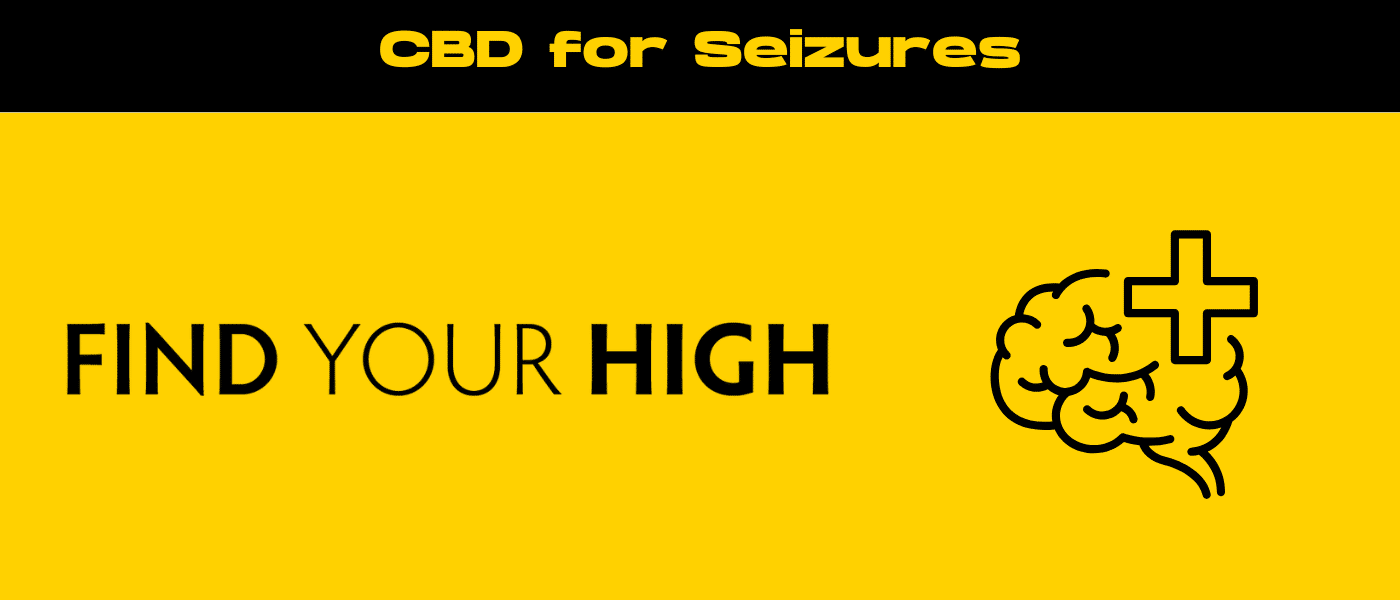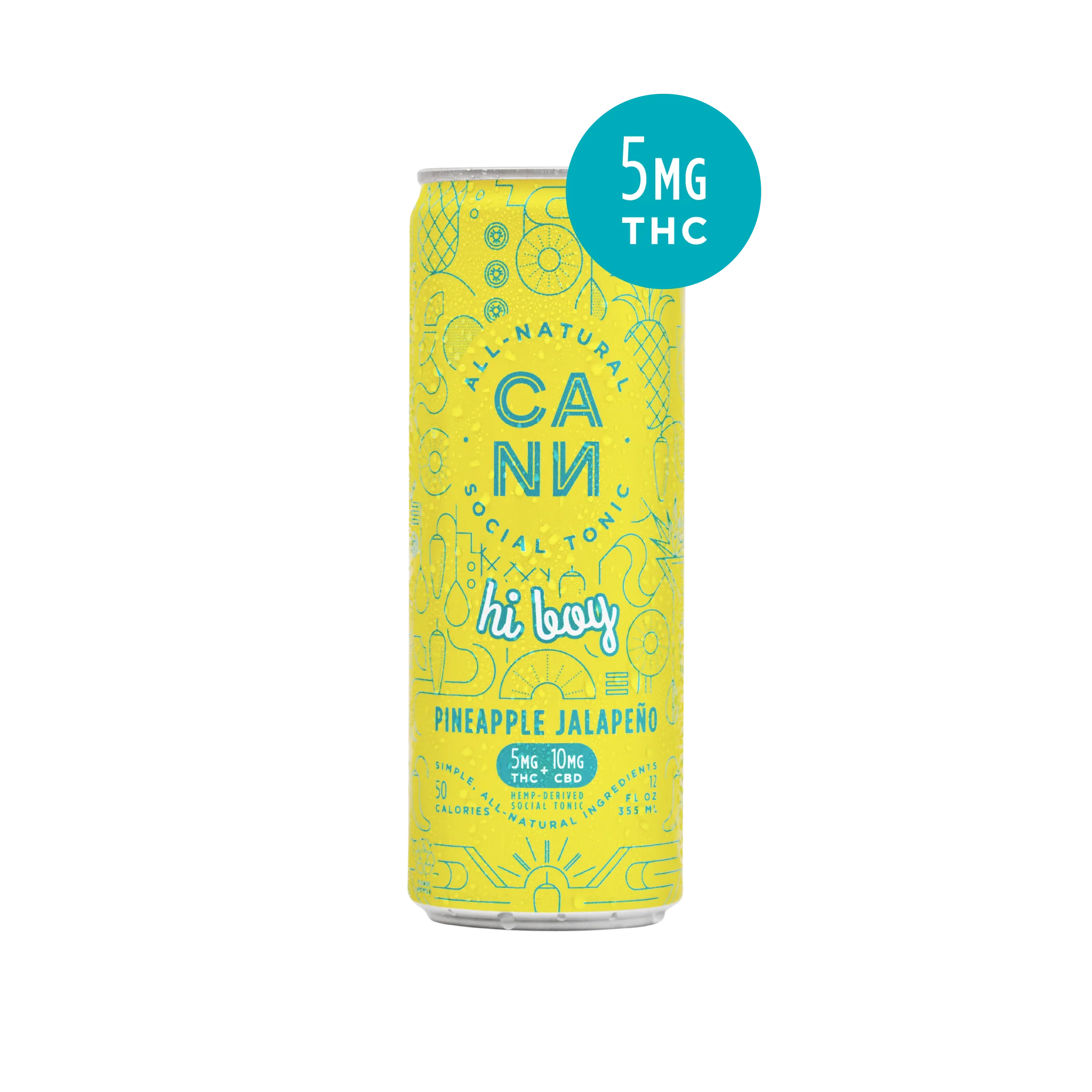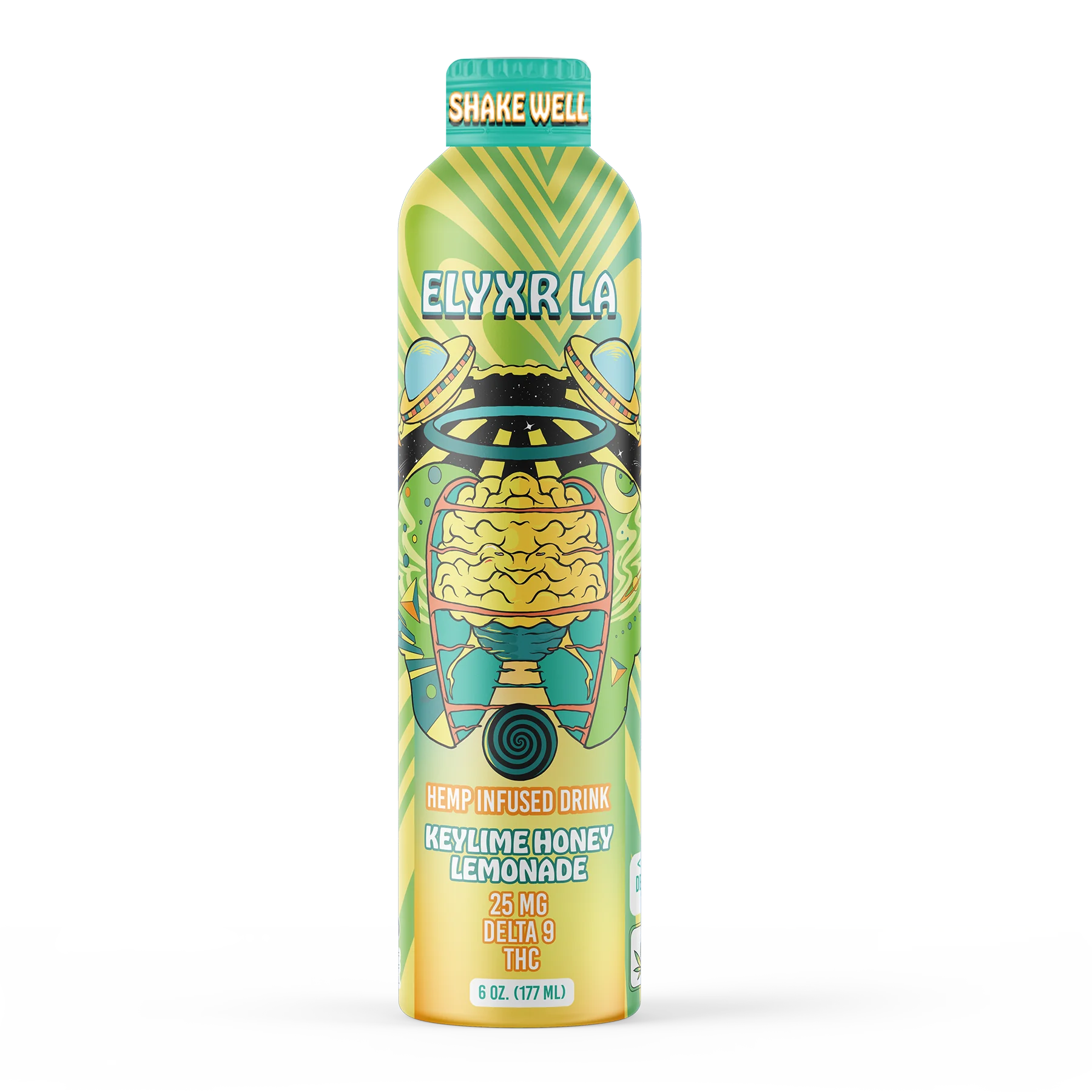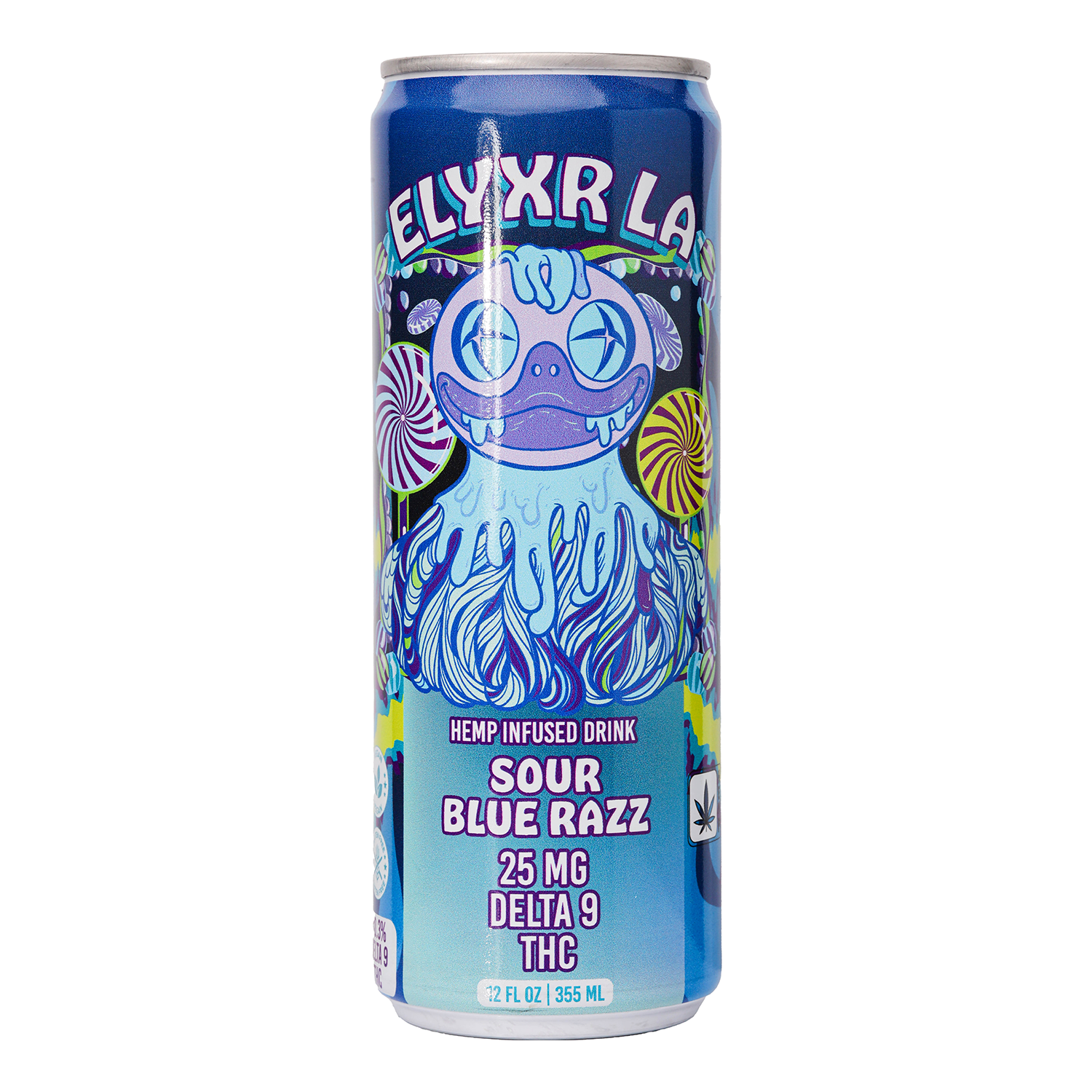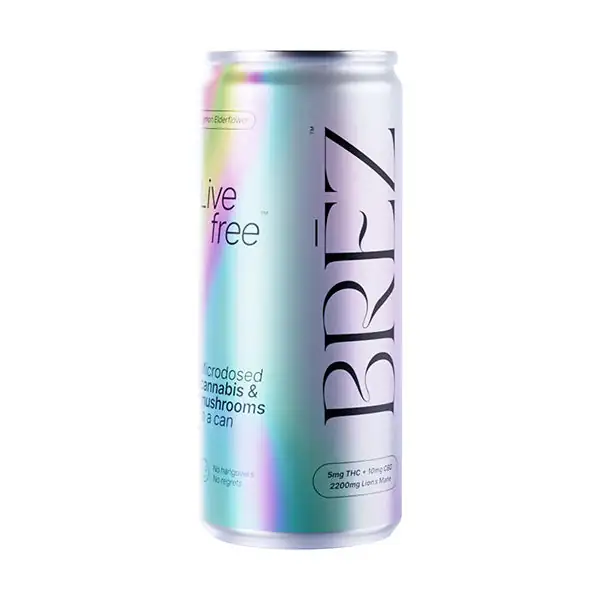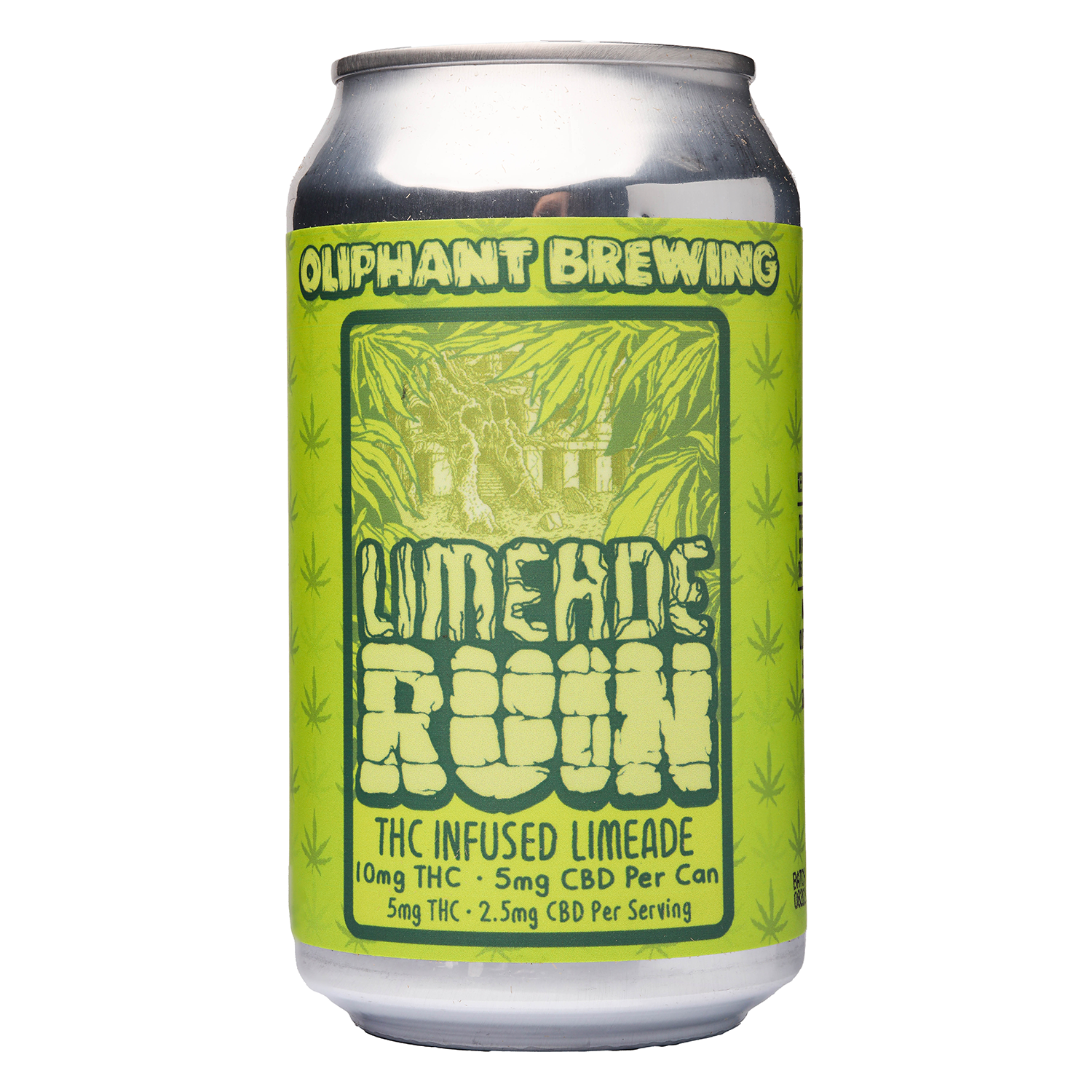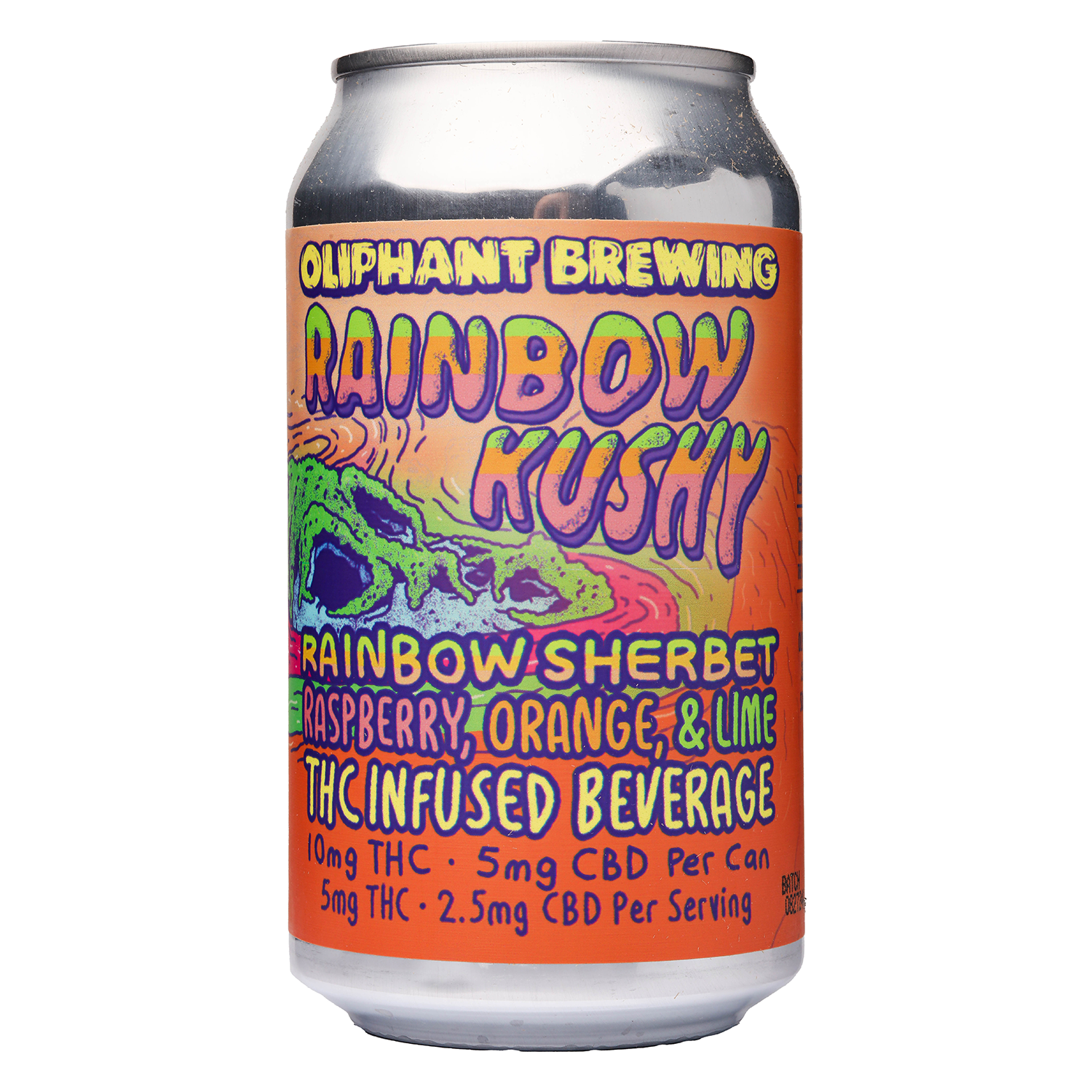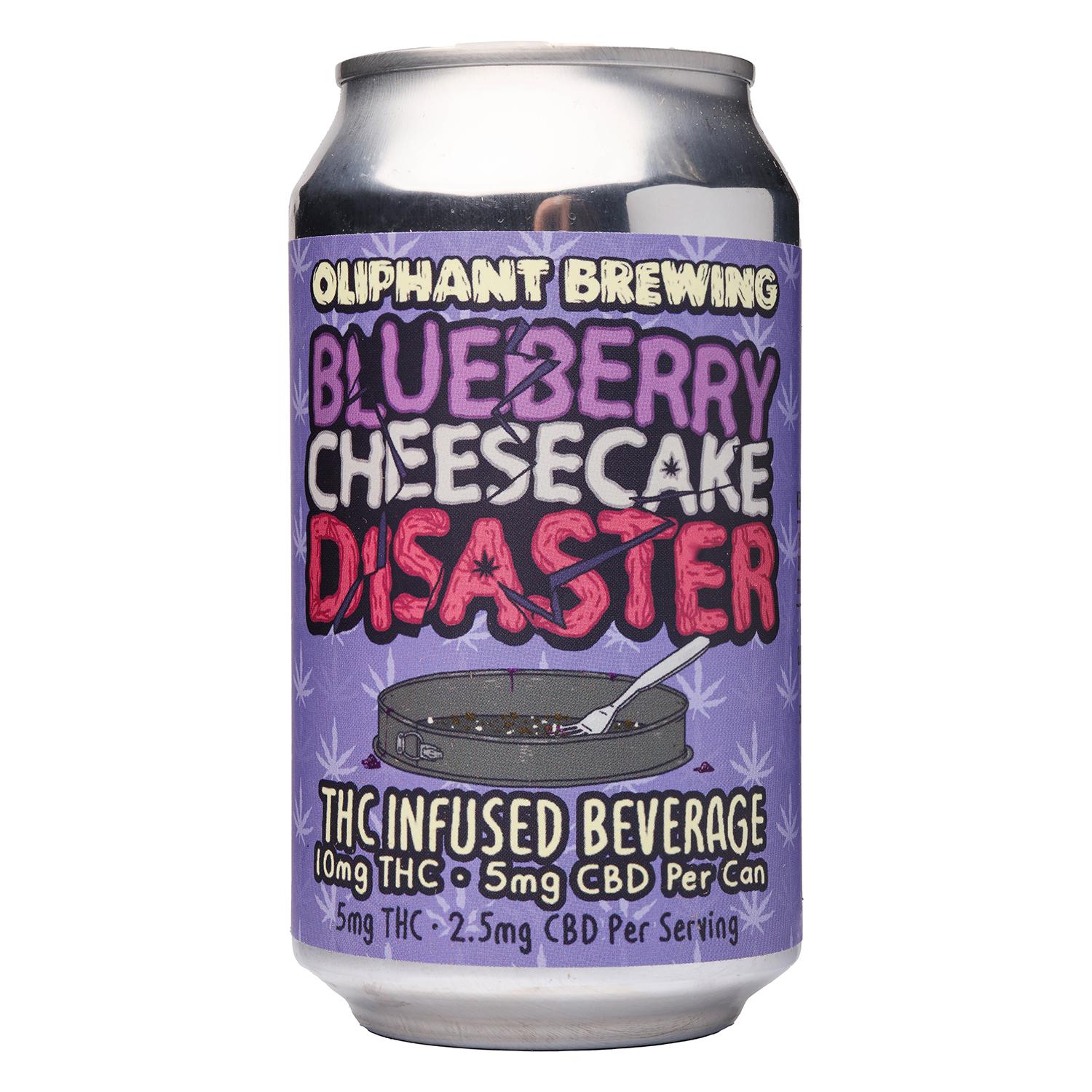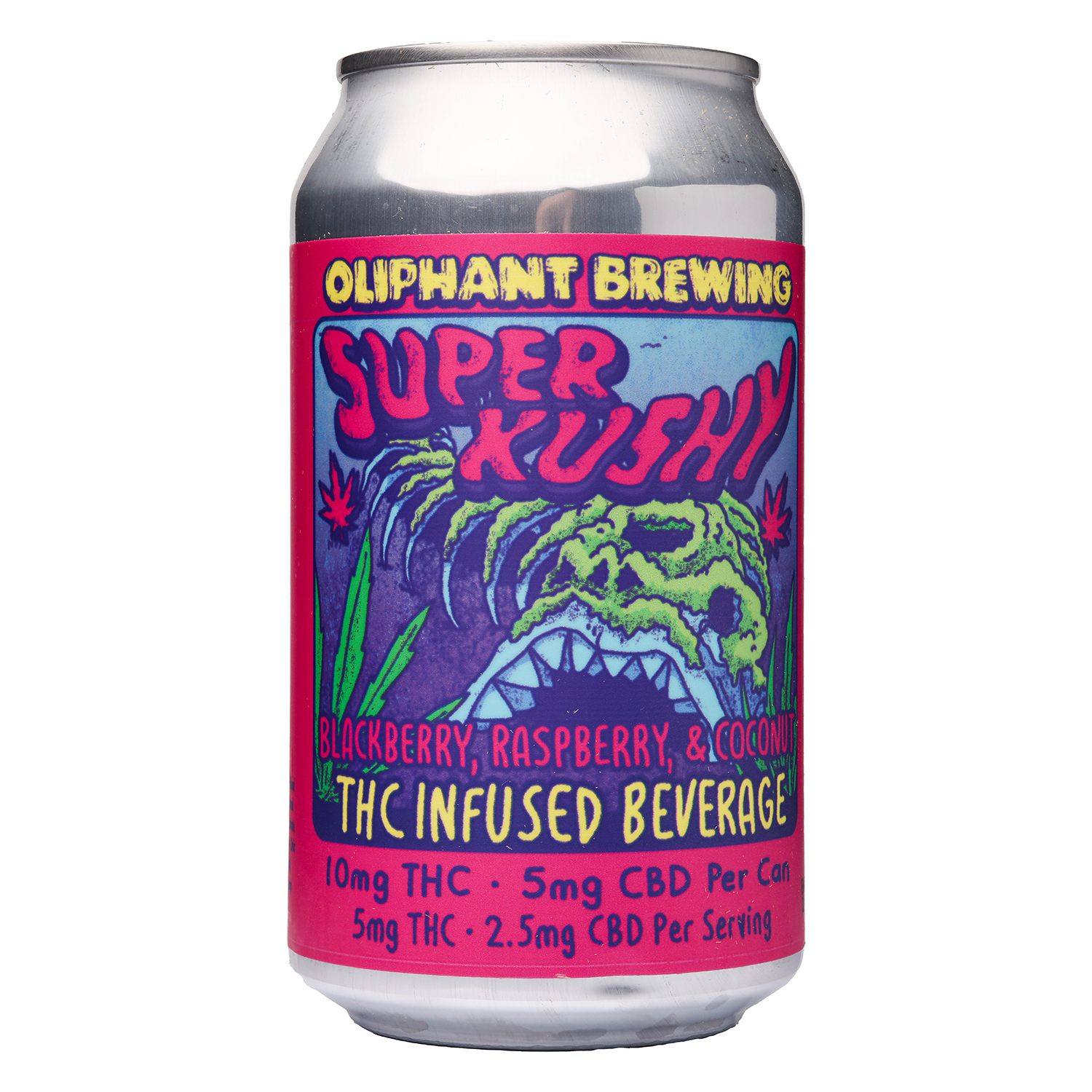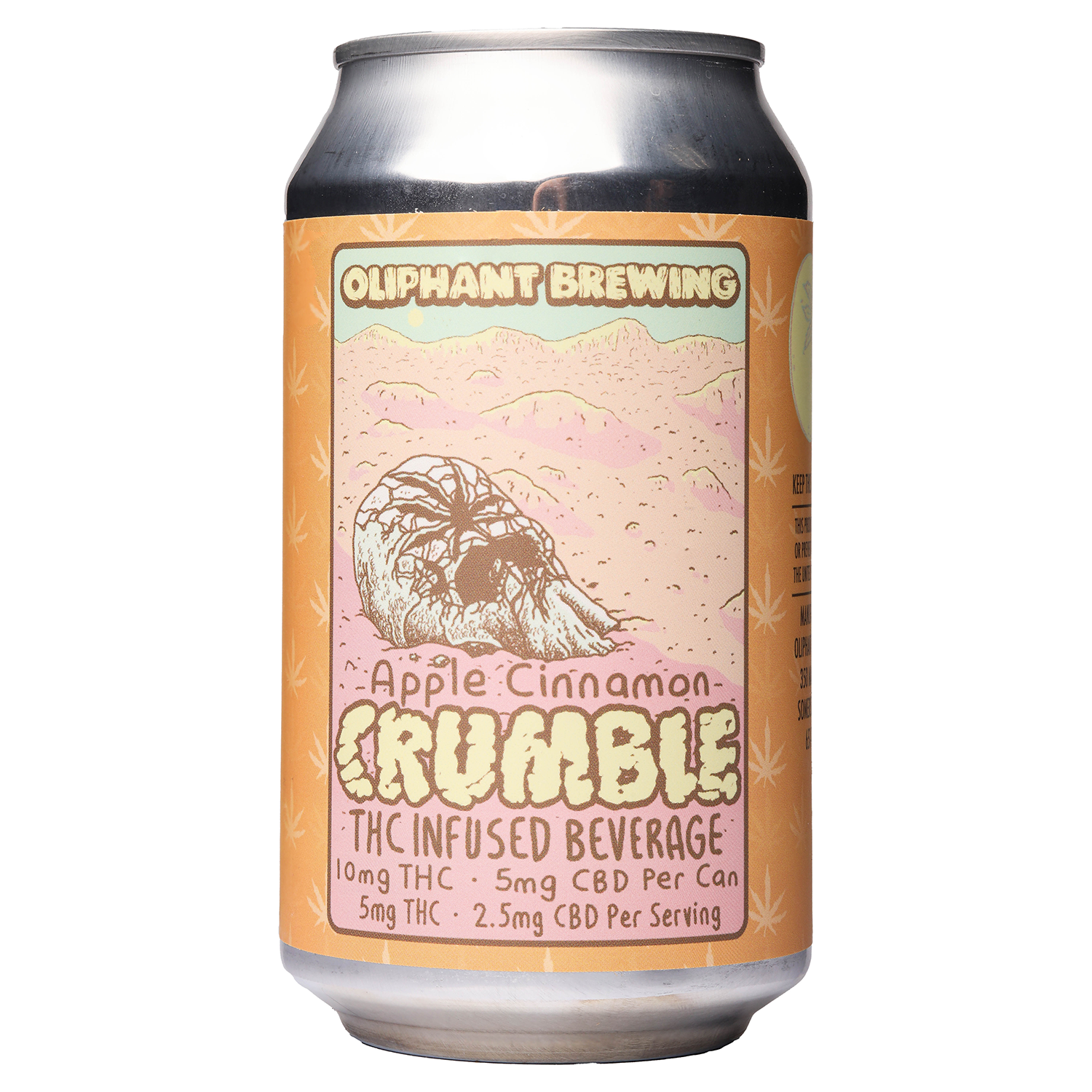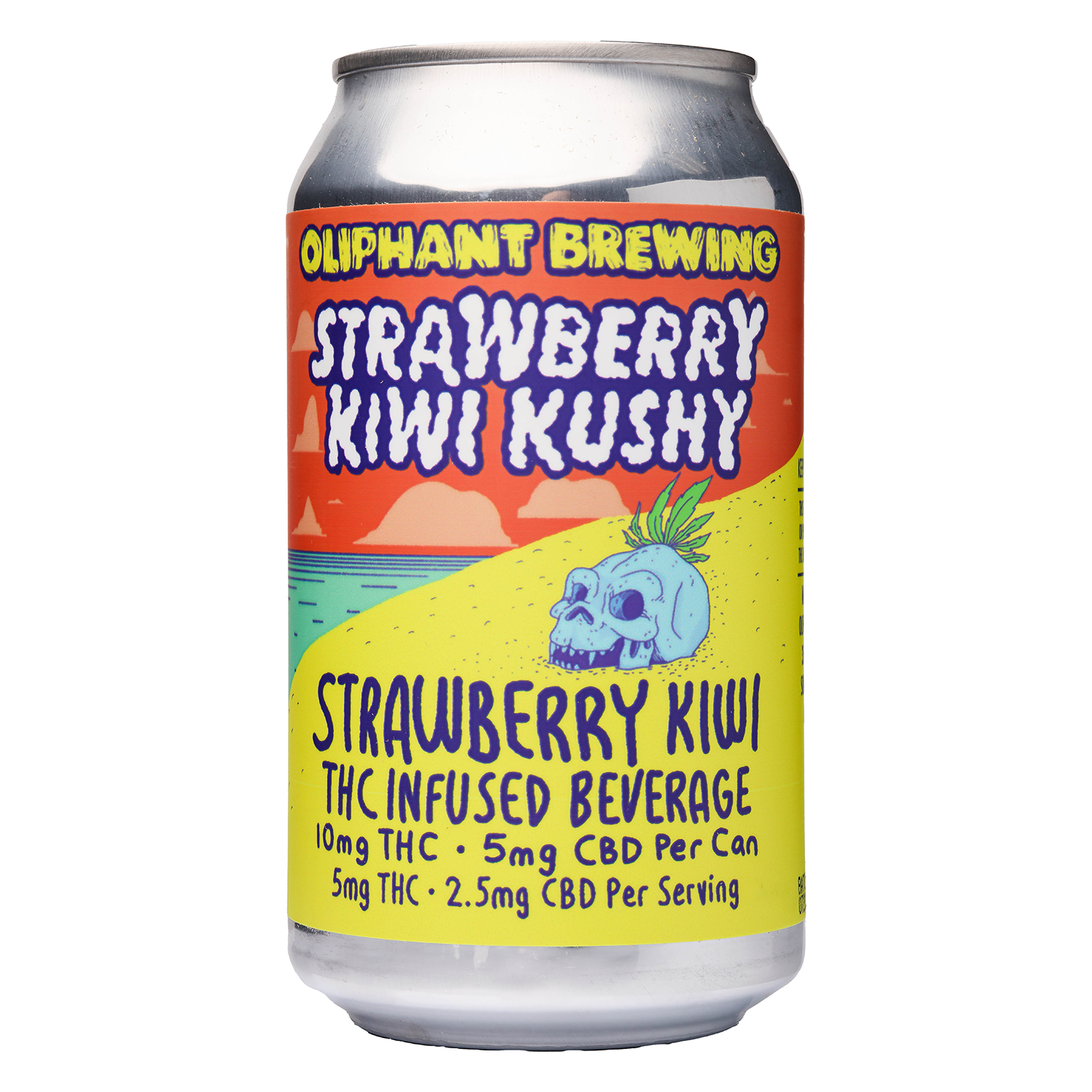In recent years, CBD for seizures has emerged as a promising treatment avenue. Derived from the cannabis plant, cannabidiol (CBD) is a non-psychoactive compound that interacts with cannabinoid receptors in the central nervous system. Unlike THC, it does not produce intoxicating effects, making it a potential safe and well-tolerated therapy for children and adults. Today, CBD therapy is gaining recognition as a viable method to treat epilepsy, manage seizure frequency, and even achieve complete seizure freedom in certain cases.
Seizures are sudden, uncontrolled electrical disturbances in the brain that can affect how a person appears or acts for a short time. They can range from brief lapses of attention to full-body convulsions. Conditions like Dravet syndrome, Lennox-Gastaut syndrome, Doose syndrome, Aicardi syndrome, and tuberous sclerosis complex are all examples of epileptic encephalopathies, severe forms of refractory epilepsy that often do not respond well to conventional medications. For many patients, particularly children, finding effective seizure control is a daily challenge.
The increasing interest in cannabis-based products for medical use, alongside FDA-approved formulations such as purified CBD (Epidiolex), has generated substantial clinical trials examining the efficacy and safety of CBD treatment for various seizure disorders. This article explores the science, therapeutic potential, and real-world application of CBD for seizures, providing a comprehensive overview for patients, caregivers, and healthcare professionals.
Understanding Seizures and Epilepsy
A seizure is caused by abnormal electrical activity in the brain, often resulting in temporary changes in movement, behavior, or consciousness. Epilepsy is a chronic condition characterized by recurrent seizures, which can significantly impact quality of life. The severity of seizures varies, and their classification is complex, encompassing focal, generalized, or combined seizure types.
Certain genetic or developmental conditions predispose individuals to more severe seizure activity. For instance, tuberous sclerosis and Dravet syndrome often lead to refractory epilepsy, where conventional medications fail to provide adequate seizure control. Similarly, Lennox-Gastaut syndrome and Doose syndrome are associated with high seizure frequency and complex management challenges.
Seizures can also affect the central nervous system in ways that impair cognitive development, social functioning, and emotional well-being. Patients and families often seek alternative treatments when other medicines do not achieve the desired results. CBD for seizures has shown promise as an adjunct therapy, capable of reducing seizure activity and, in some cases, providing complete seizure freedom.
What is CBD?
CBD, or cannabidiol, is one of over a hundred cannabinoids found in the cannabis plant. Its chemical structure differs from THC, the primary psychoactive compound in cannabis, which means CBD does not produce the “high” associated with marijuana. Instead, CBD interacts with cannabinoid receptors throughout the central nervous system, influencing neural activity and mechanisms related to seizure generation.
The popularity of purified CBD in medical use stems from its generally safe profile, minimal adverse effects, and ability to be administered in controlled mg/kg doses. CBD therapy is particularly attractive for pediatric patients with severe epileptic encephalopathies, where traditional anti-seizure medications like valproic acid may be insufficient or carry risks such as liver damage.
The rise of FDA-approved CBD treatment has also helped clarify dosage, delivery methods, and the interaction between CBD and other medicines, ensuring patients and doctors can monitor plasma levels for safety and efficacy.
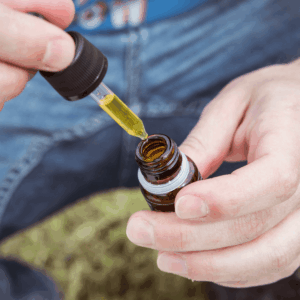
How CBD Works for Seizures
CBD affects seizure activity through several mechanisms. It modulates cannabinoid receptors in the brain, impacting the excitability of neurons and the release of neurotransmitters. Additionally, CBD interacts with other cannabinoids and cannabis terpenes, enhancing their effects and contributing to the entourage effect, which may provide additional therapeutic benefits.
Research suggests that CBD can enhance cannabinoid absorption and regulate neuronal signaling in a way that reduces seizure activity. It has anti-inflammatory properties, can stabilize neuronal membranes, and may modulate intracellular calcium levels. In animal and human studies, CBD therapy has been linked to significant reduction in seizure frequency and, in rare cases, complete seizure freedom.
Importantly, CBD’s action is distinct from psychoactive effects associated with THC. While THC can sometimes exacerbate anxiety or other side effects, cannabidiol (CBD) provides therapeutic effects without intoxication, making it suitable for children and adults alike.
Scientific Research on CBD and Seizures
Multiple clinical trials have explored CBD for seizures. One of the most well-known studies led to the FDA approval of purified cannabidiol for Dravet syndrome and Lennox-Gastaut syndrome. In these trials, patients experienced a significant reduction in seizure frequency, with some achieving seizure freedom.
Other studies have looked at CBD’s effects on tuberous sclerosis complex, Doose syndrome, and Aicardi syndrome. Researchers have found that CBD treatment can reduce seizure activity by up to 50% in some patients, particularly when used alongside conventional medications like valproic acid.
Safety and adverse effects were closely monitored. Mild side effects such as diarrhea, decreased appetite, or elevated liver enzymes were noted, but CBD is generally safe when administered under a doctor’s supervision. Co-administration with other medicines requires careful monitoring to avoid drug interactions or changes in plasma levels of anti-seizure medications.
The growing body of CBD research supports its therapeutic effects, while ongoing trials continue to investigate its mechanisms, long-term safety, and efficacy across diverse seizure disorders.

CBD for Epilepsy
CBD has shown remarkable promise in treating epilepsy, particularly in cases of refractory epilepsy where conventional medications fail. Purified CBD (Epidiolex) is FDA-approved for Dravet syndrome and Lennox-Gastaut syndrome, making it the first cannabis-based product with official regulatory endorsement for epilepsy treatment.
Patients with tuberous sclerosis or Doose syndrome also benefit from CBD therapy, which can lead to significant reduction in seizure frequency and improvement in quality of life. While complete seizure freedom is rare, CBD treatment has provided seizure control that was previously unattainable with other medicines.
Pediatric and adult patients alike can benefit from starting CBD under the guidance of a doctor, with close monitoring of liver enzymes, plasma levels, and potential adverse effects.
Dosage Guidelines for Seizures
Dosing CBD for seizures is highly individualized. Clinical studies typically use mg/kg calculations to tailor the therapy to children and adults. Dosage can range widely depending on age, weight, severity of seizure disorders, and whether the patient is on other anti-seizure medications.
Doctors usually recommend starting CBD at a low dose and gradually increasing until seizure control is achieved. Monitoring liver enzymes and plasma levels is crucial, especially when co-administration with valproic acid or other conventional anti-seizure drugs occurs.
Too high a dose may cause adverse effects like diarrhea, decreased appetite, or fatigue, while too low a dose may be ineffective. Proper titration ensures therapeutic benefits while minimizing risk.
Methods of Administration
There are several delivery methods for CBD therapy:
- Oil tinctures – Fast absorption and easy dosing.
- Capsules – Convenient and consistent dosing, slower absorption.
- Edibles – Longer-lasting effects but delayed onset.
- Vaping – Rapid absorption but potential respiratory risks.
Each method affects CBD plasma levels and efficacy. For children with severe epileptic encephalopathies, oil tinctures are most commonly used due to ease of administration and dose control. Adults may experiment with multiple delivery methods under medical supervision to optimize seizure control.
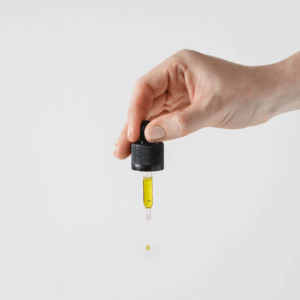
Benefits of CBD for Seizures
The benefits of CBD extend beyond simple seizure reduction:
- Decreased seizure frequency in treatment-resistant cases.
- Potential seizure freedom in some patients.
- Improved sleep and reduced anxiety due to central nervous system effects.
- Anti-inflammatory and neuroprotective effects, which may support long-term brain health.
- Enhanced quality of life for both children and adults with epilepsy.
Patients often report a better overall sense of wellbeing when CBD therapy is integrated into their treatment plan, making it a compelling cannabis-based product for seizure management.
Potential Side Effects and Safety Concerns
While CBD for seizures is generally safe, adverse effects can occur. The most common are:
- Diarrhea
- Decreased appetite
- Fatigue
- Changes in liver enzymes
Serious side effects are rare but can occur with high doses or co-administration with other medicines. Monitoring by a doctor is critical, particularly in children or patients taking multiple anti-seizure drugs.
There are occasional reports of suicidal thoughts in patients on multiple medications, though this is not directly linked to CBD. Regular follow-up and attention to drug interactions are essential for safe and effective CBD treatment.
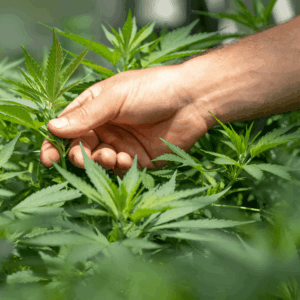
Choosing the Right CBD Product
Selecting the right CBD therapy involves attention to product quality and purity. Options include:
- Purified CBD (Epidiolex) – FDA-approved, standardized, and safe for children.
- Full-spectrum CBD – Contains trace THC and other cannabis-based products, may provide additional therapeutic effects.
- Broad-spectrum CBD – THC-free but retains other cannabinoids and terpenes.
Always check for third-party lab testing, chemical structure, and accurate mg/kg dosing. High-quality CBD ensures reliable seizure control while minimizing adverse effects and risk of contamination.
Real Patient Experiences
Two patients highlighted in clinical trials achieved remarkable seizure reduction after starting CBD therapy, demonstrating its potential even in refractory epilepsy. Reports from parents of children with Dravet syndrome describe decreased seizure frequency, improved sleep, and better overall quality of life.
Anecdotal experiences also underscore the importance of co-administration with conventional medicines. Many patients find that CBD treatment complements valproic acid or other anti-seizure drugs without causing serious drug interactions.
Such experiences validate research findings and inspire further studies into CBD for seizures, reinforcing its potential as a long-term therapeutic option for complex seizure disorders.

Conclusion and Future Outlook
CBD for seizures represents a remarkable shift in the treatment of epileptic encephalopathies and refractory epilepsy. With FDA approval for specific syndromes, including Dravet syndrome and Lennox-Gastaut syndrome, purified CBD has proven to be a safe, effective, and well-tolerated medicine for children and adults alike.
The growing body of clinical trials continues to demonstrate significant reduction in seizure frequency, improved seizure control, and, in some cases, complete seizure freedom. While adverse effects such as diarrhea, decreased appetite, and mild changes in liver enzymes exist, CBD therapy is generally safe when monitored by a doctor.
Ongoing research aims to explore its long-term safety, optimal dosage, and interaction with other medicines. For patients and caregivers, CBD for seizures offers a therapeutic alternative to traditional anti-seizure medications and a hopeful path toward better control seizures outcomes. As science advances, the integration of cannabidiol (CBD) into medical use for seizure disorders promises continued improvement in human health and quality of life for those affected by epilepsy.
Frequently Asked Questions
1. What CBD strains are good for seizures?
While CBD content is the key factor, certain high-CBD strains are particularly popular for seizure management. Strains like Charlotte’s Web, ACDC, and Harlequin are known for their high cannabidiol content and low THC, minimizing psychoactive effects. These strains are often chosen because they provide therapeutic benefits such as pain relief, stress reduction, and seizure control, without causing a “high.” Always check cannabinoid profiles before choosing a strain for CBD therapy, especially when treating children or patients with refractory epilepsy.
2. What is the best natural remedy for seizures?
CBD is currently considered one of the most effective natural remedies for seizures, especially in treatment-resistant cases. Other natural approaches may include lifestyle adjustments such as:
- Maintaining a consistent sleep schedule
- Following a ketogenic diet under medical supervision
- Reducing exposure to seizure triggers like flashing lights or stress
However, CBD therapy stands out because it has undergone clinical trials, is FDA-approved in certain conditions, and has been shown to significantly reduce seizure frequency in syndromes like Dravet syndrome and Lennox-Gastaut syndrome.
3. Who should avoid taking CBD?
While CBD is generally safe, certain individuals should exercise caution:
- People with liver disease or elevated liver enzymes
- Patients taking multiple anti-seizure medications due to potential drug interactions
- Pregnant or breastfeeding women
- Individuals with known allergies to cannabinoids
Consulting a doctor before starting CBD treatment is critical to ensure safety, monitor plasma levels, and adjust dosing to avoid adverse effects.
4. How much CBD should I take for seizures?
The correct dosage varies depending on factors like age, weight, type of seizure disorder, and severity. Clinical studies often use mg/kg dosing to tailor treatment. Doctors usually recommend starting CBD at a low dose and gradually increasing it to achieve seizure control while monitoring for adverse effects such as diarrhea or decreased appetite.
For children with Dravet syndrome or Lennox-Gastaut syndrome, dosages in clinical trials ranged from 5–20 mg/kg per day. Adult dosing is more individualized. Always follow a doctor’s guidance and monitor liver enzymes when using CBD therapy alongside other medicines.




